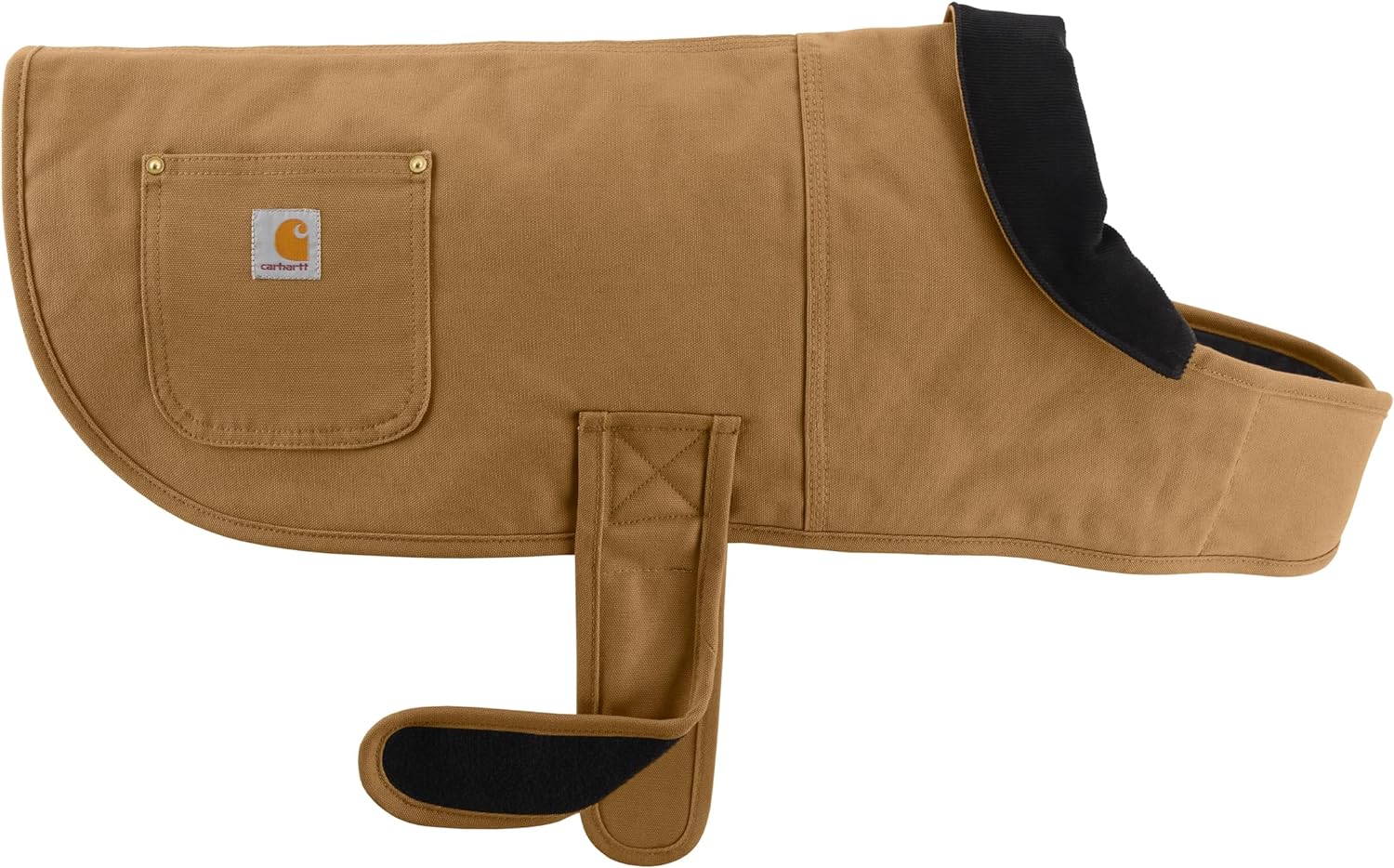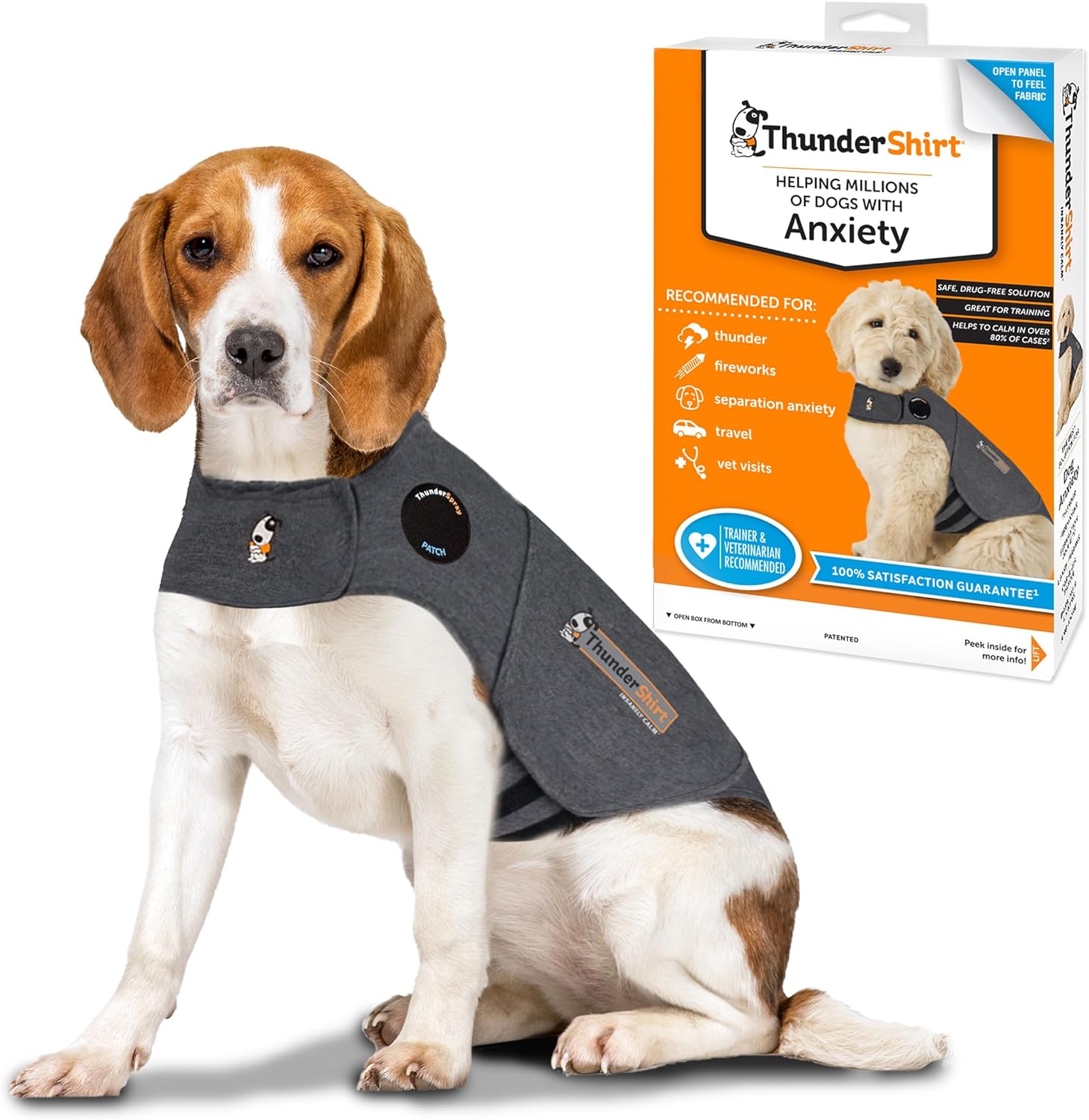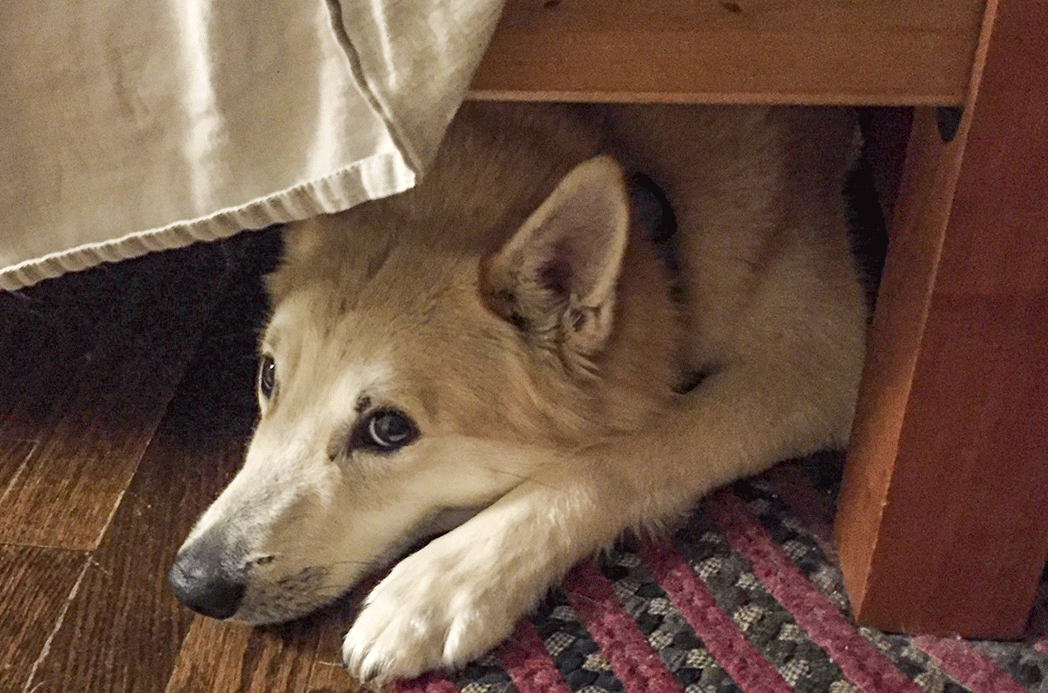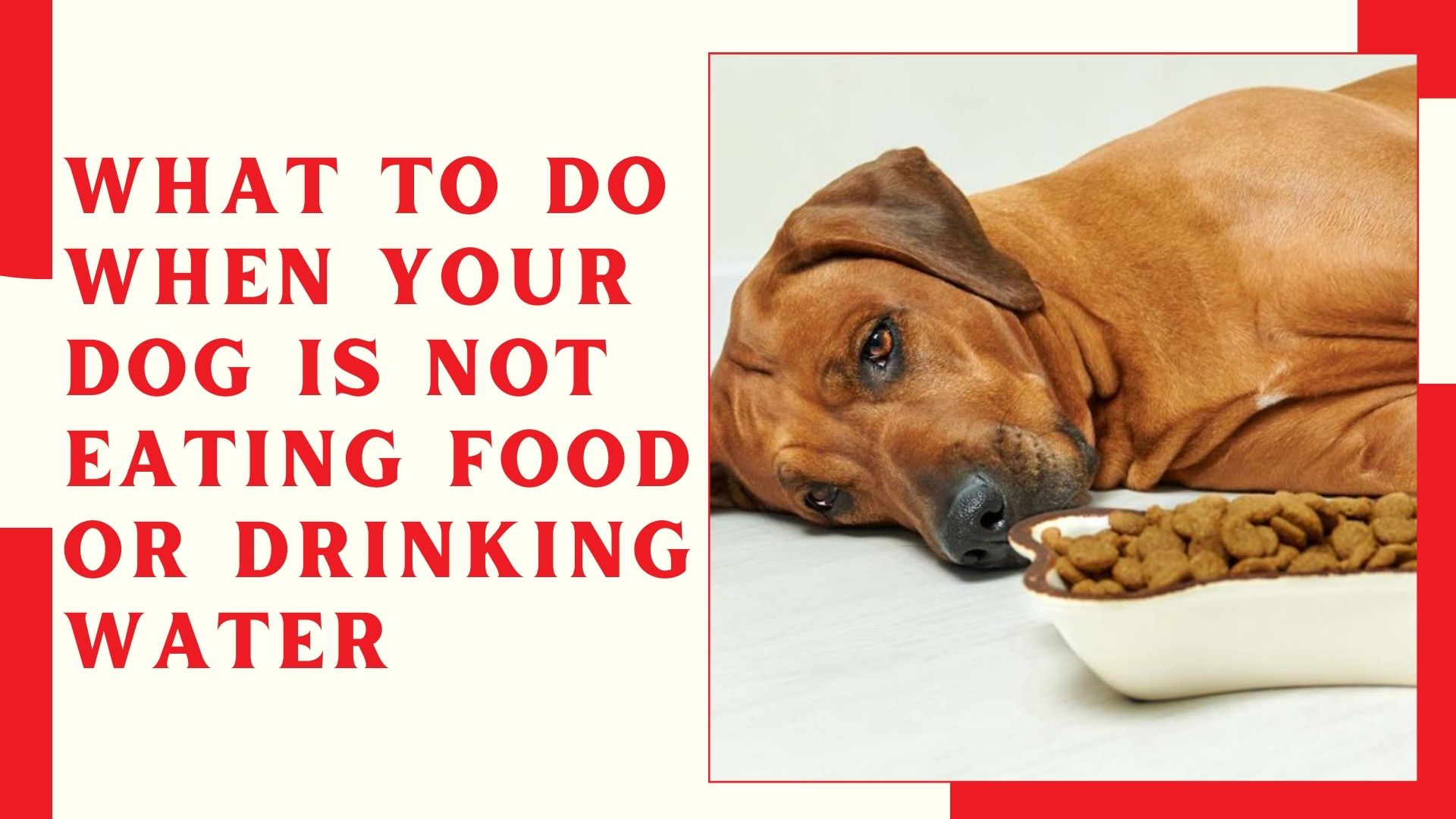Dogs may shake for a variety of reasons, ranging from excitement and fear to medical issues. Understanding the root cause is essential for addressing the behavior and ensuring your dog's well-being. Here are some common reasons why dogs shake and how to help them:
Helpful Products You Might Like

Puppy Heartbeat Stuffed Toy

Dog Chore Coat

Dog Anxiety Treatment
"(Paid Links)" 
Cold Weather or Hypothermia
Dogs, especially smaller breeds or those with thin fur, can easily get cold. Shaking is a natural response to try and generate warmth. If you notice your dog shivering in cold weather, it's important to provide warmth.
How to Help:
Provide a Warm Environment:
Use dog sweaters or blankets to keep your pet warm.
Limit Time Outdoors:
In cold weather, reduce the time your dog spends outside.
Keep Them Dry:
If your dog gets wet, dry them off as soon as possible to prevent chills.
Anxiety or Fear

Shaking can be a sign of anxiety or fear, often triggered by loud noises like fireworks, thunderstorms, or new environments. It's a common issue for many dogs and can manifest in different ways, including shaking.
How to Help:
Create a Safe Space:
Provide a quiet, secure area where your dog feels safe.
Use Calming Products:
Consider using calming sprays, vests, or pheromone diffusers.
Desensitization Training:
Gradually expose your dog to their fear trigger in a controlled way, rewarding them for calm behavior.
Excitement or Anticipation
Sometimes dogs shake simply because they are overly excited or anticipating something fun, like a walk or playtime.
How to Help:
Manage Excitement:
Teach your dog to sit and wait calmly before engaging in exciting activities.
Consistent Routine:
Keeping a regular routine can help minimize excessive excitement.
Pain or Discomfort
Shaking can also indicate pain or discomfort. This could be due to an injury, illness, or even joint problems like arthritis.
How to Help:
Consult a Veterinarian:

If you suspect your dog is in pain, it's crucial to consult a vet for a proper diagnosis and treatment.
Provide Comfort:
Depending on the cause, ensure your dog has a comfortable resting area and avoid activities that may exacerbate the pain.
Medical Conditions
Various medical conditions, such as epilepsy, vestibular disease, or poisoning, can cause shaking in dogs. It's important to monitor your dog's overall behavior and health.
How to Help:
Seek Immediate Veterinary Care:
If shaking is accompanied by other symptoms like vomiting, lethargy, or loss of coordination, seek immediate veterinary care.
Follow Treatment Plans:
If your dog has a diagnosed condition, follow the vet's treatment plan and medication schedule.
Old Age
As dogs age, they may develop conditions like muscle weakness or neurological issues that can cause shaking.
How to Help:
Senior Dog Care:
Provide a supportive environment for your aging dog, including a comfortable bed and gentle exercise.
Regular Vet Check-ups:
Regular veterinary visits are crucial to monitor and manage any age-related health issues.
While shaking in dogs can sometimes be a harmless response to excitement or cold, it can also indicate more serious issues. Observing your dog's behavior and consulting with a veterinarian when needed is key to addressing the cause and ensuring your dog's comfort and health.



